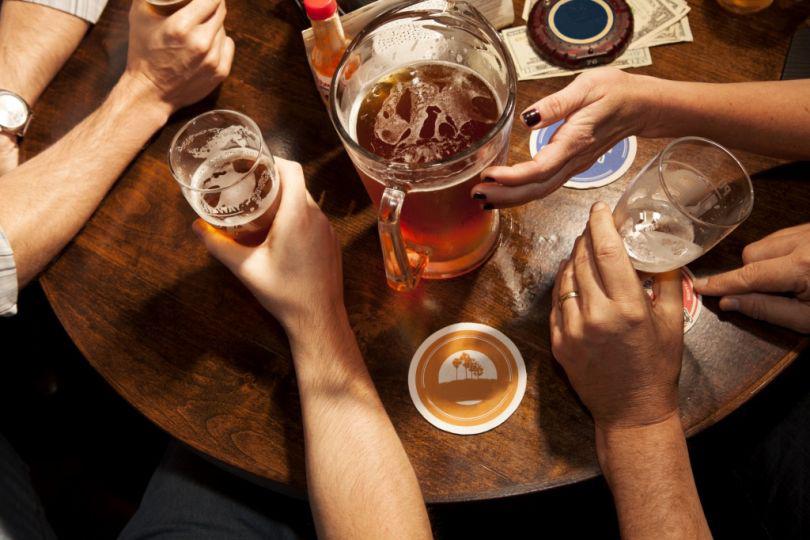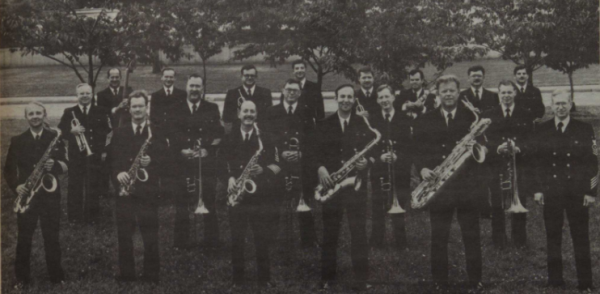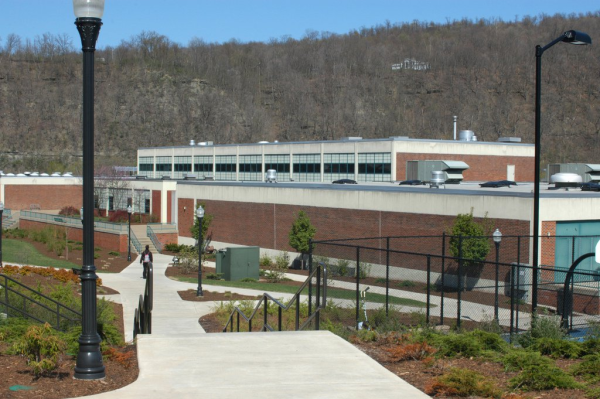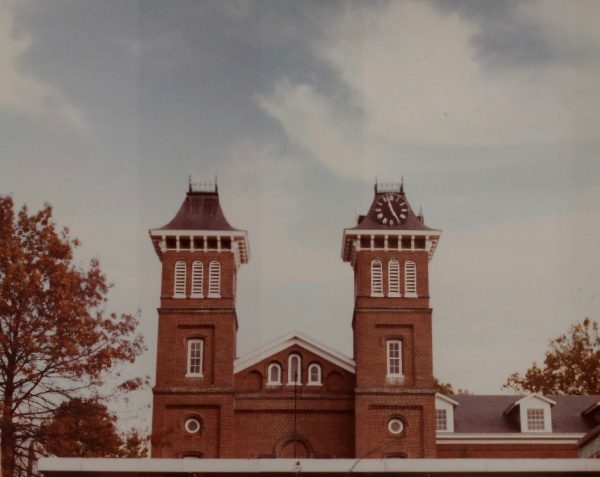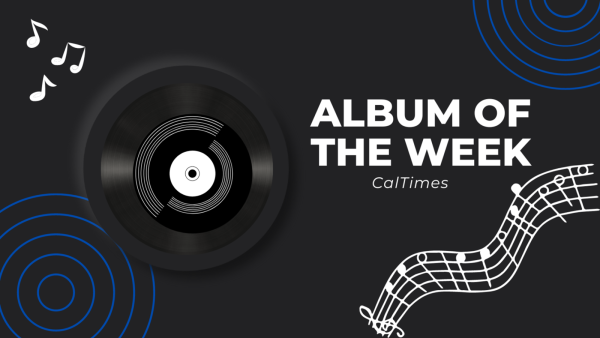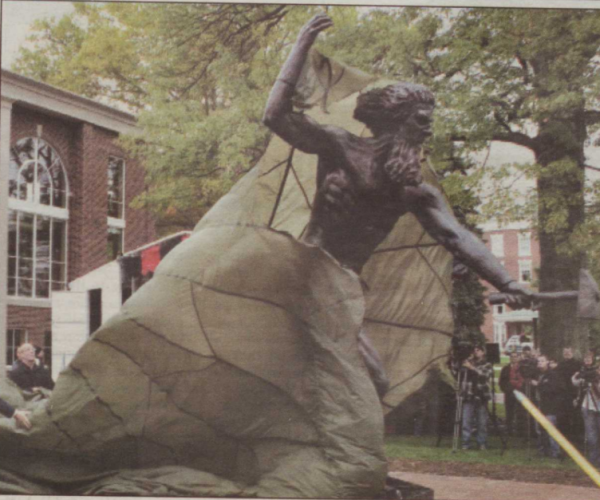Will the bans on Happy Hour eliminate binge drinking?
Happy Hour generally refers to a period of time during a day where drinks are sold at a reduced cost. Several states have laws prohibiting excessive drinking practices, or “Happy Hour” because they believe it encourages binge drinking, which commonly leads to drunk driving or other destructive alcohol-related issues.
But are the destructive alcohol-related issues what we should be concerned about? Or the binge drinking Happy Hour promotes? I say the binge drinking.
The National Institute on Alcohol Abuse and Alcoholism defines binge drinking as “a pattern of drinking that brings blood alcohol concentration (BAC) levels to 0.08g/dL”. This will usually occur over a course of two hours, with only around 4-5 drinks being consumed during that time.
These statistics speaks worlds louder than simply saying a drink special, or happy hour, promotes excessive drinking which then leads to fatal drunk driving accidents. We should be being proactive instead of reactive.
We should be focusing on the laws that dictate how many alcoholic beverages an individual can consume during a night, or what training a server undergoes to be educated on excessive drinking, rather than cutting out drink specials because they “promote” excessive drinking. A lot of different things promote or encourage excessive drinking, but taking the first step to eliminate it or lessen it is the key.
Rachel Michaels, the Alcohol and Other
Drug Education Specialist at California University of Pennsylvania, agrees that establishments should be monitoring the alcohol customers are consuming and placing restrictions on them if they are excessively drinking.
Most bartenders according to Chandler Carey, a bartender at Wood Street Bar, are encouraged to undergo a training session, which gives them Responsible Alcohol Management Program (RAMP) certification. RAMP was created by the Pennsylvania Liquor Control Board (LCB) to help bartenders serve beverages more responsibly and understand the consequences if they do not.
Undergoing the certification training educates servers on how to detect signs of extreme intoxication, and how to properly cut them off.
However, the training for certification is not mandatory for bartenders to undergo, but rather highly encouraged leaving a portion of servers uneducated on the signs and effects of serving an extremely intoxicated customer.
“According to the NIAAA, in 2013, 24.6 percent of people surveyed, ages 18 and older, had admitted to binge drinking in the past month. Furthermore, according to the Center for Disease Control and Prevention, 1 in 6 adults will binge drink about four times a month.”
Though a good portion of bartenders are educated, that also does not mean they are able to use their best judgment. Rachel Michaels agrees that it is hard for bartenders to keep track of their customer’s entire alcohol intake, sometimes making it difficult to prevent excessive drinking. It’s almost unrealistic to expect a bartender to remember how many drinks 12 or 15 customers have had in a short period of time.
Nevertheless, it’s still better to be proactive than reactive. If bartenders have the proper training prior to serving, they will make better judgments in the long run, even if it’s only cutting off one or two people a night. Cutting those people off could save lives in the long run, whether it is the consumer’s life or someone who comes into contact with the consumer’s life.
Even after advocating for bartenders to be educated on binge drinking, the people who are coming into the establishments these bartenders serve at still have a mind of their own, and will find a way to excessively drink if that is their end goal.
However, bars, specifically Wood Street, do not purposely hold drink specials to promote excessive drinking according to Carey.
“Bringing customers in earlier for a drink special make them stay and drink longer,” said Carey. This is not so they become severely intoxicated, but rather so they spend more time at the bar, spending more money, and enjoying the environment.
From a bartender and 22-year-old perspective, Carey does not think banning drink specials will stop excessive drinking, and I would have to agree.
“People will just drink at home and pregame the bar,” said Carey. “That is what leads to excessive drinking. In a sense, drink specials do aid excessive drinking habits but not as excessive if one was to drink intensely at home and then come to bar”.
Again, I agree with what Carey is saying. Banning drink specials, or banning happy hours, will only do so much. While you are stopping the likelihood of someone coming in and buying 10 drinks because they are inexpensive, you are increasing the likelihood of someone drinking heavily at home so when they arrive at the bar, they do not have to purchase as many full price drinks.
Rachel raises an interesting point with that. If someone is drinking to cope, they’re going to drink excessively regardless of a drink special. So having a drink special becomes a sort of “double edge sword” according to Michaels. They’re drinking to cope, and drinking even more because it’s being offered at a low, affordable price.
All in all, I do not believe banning Happy Hours or drink specials is going to stop excessive drinking. While it does encourage it, a lot of other factors do too. Binging, in a general sense, is to cope with negative emotions. Humans are always going to have to deal with their emotions. While banning drink specials and Happy Hour may help eliminate some binge drinking, it will not eliminate all, or even most. After all, more than half of the alcohol consumed by adults in the U.S. is in the form of binge drinks according to the CDC. We should spend more time eliminating that large of an issue, advocating for an anti-binge law, rather than an anti-Happy Hour ban.
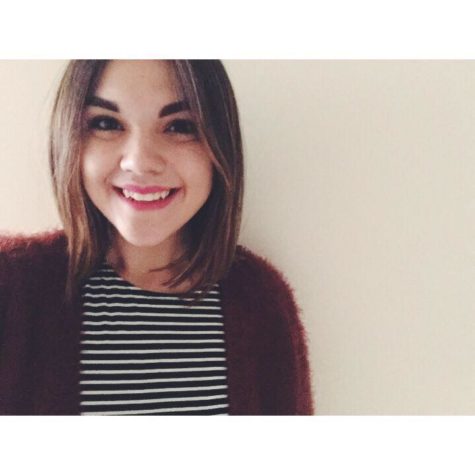
Katie has been with the Cal Times for three years. She is now a graduate of California University of Pennsylvania.

